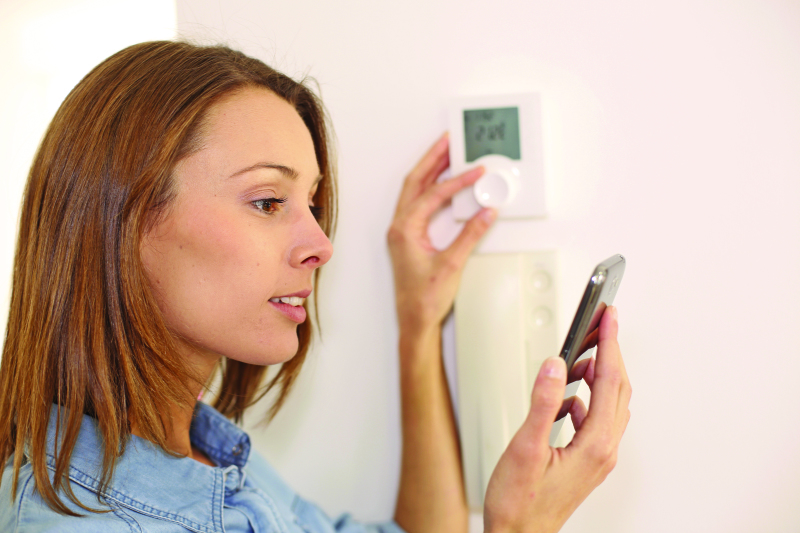What Does REME technology mean for Longview TX?
Feb 3, 2012

It’s pretty obvious that good indoor air quality in your Longview, Texas, home is important for your respiratory health. What you may not know is that indoor air quality can play a big role in how well you sleep. Let’s look at how poor air quality inside your home can interfere with your sleep and learn what you can do about it.
Increased Allergy Symptoms
During the sleep cycle, you take deep breaths to relax your bodily functions. Unfortunately, this means that you inhale more allergens, such as pollen, dirt, dust and dander. When this occurs, you may have more difficulty breathing, stuffed sinuses and a scratchy throat, all of which can all lead to a restless sleep.
Difficulty Breathing
When the air is thick with pollutants, those particles can interfere with your ability to breathe. The chemicals in cleaning products, paints and candles can cause damage to your respiratory tract. As a result, they can cause you to take more shallow breaths. Quickened or shallow breathing agitates the body and prevents it from slowing down enough to sleep.
How to Improve Your Air Quality
Maintaining good indoor air quality is critical to a good night’s rest. Here are a few tips you can follow to make sure the air in your bedroom and throughout your home is conducive to sleep:
- Keep pets out of your sleeping area.
- Don’t use scented candles or fragrant sprays in your home.
- Make sure your home is clean and that you change your bedding regularly.
- Maintain 50 percent humidity in your home to promote deep breathing.
- Keep your filters clean, and change them regularly.
- Have your ductwork cleaned and sealed.
- Keep your HVAC system regularly maintained.
- Store chemicals outside the home.
Don’t let poor indoor air quality prevent you from getting the restorative rest that your body needs. Follow these tips to improve your indoor air quality, and contact JD’s A/C at (903) 759-7483 today to schedule your next HVAC maintenance.
Image provided by Thinkstock
